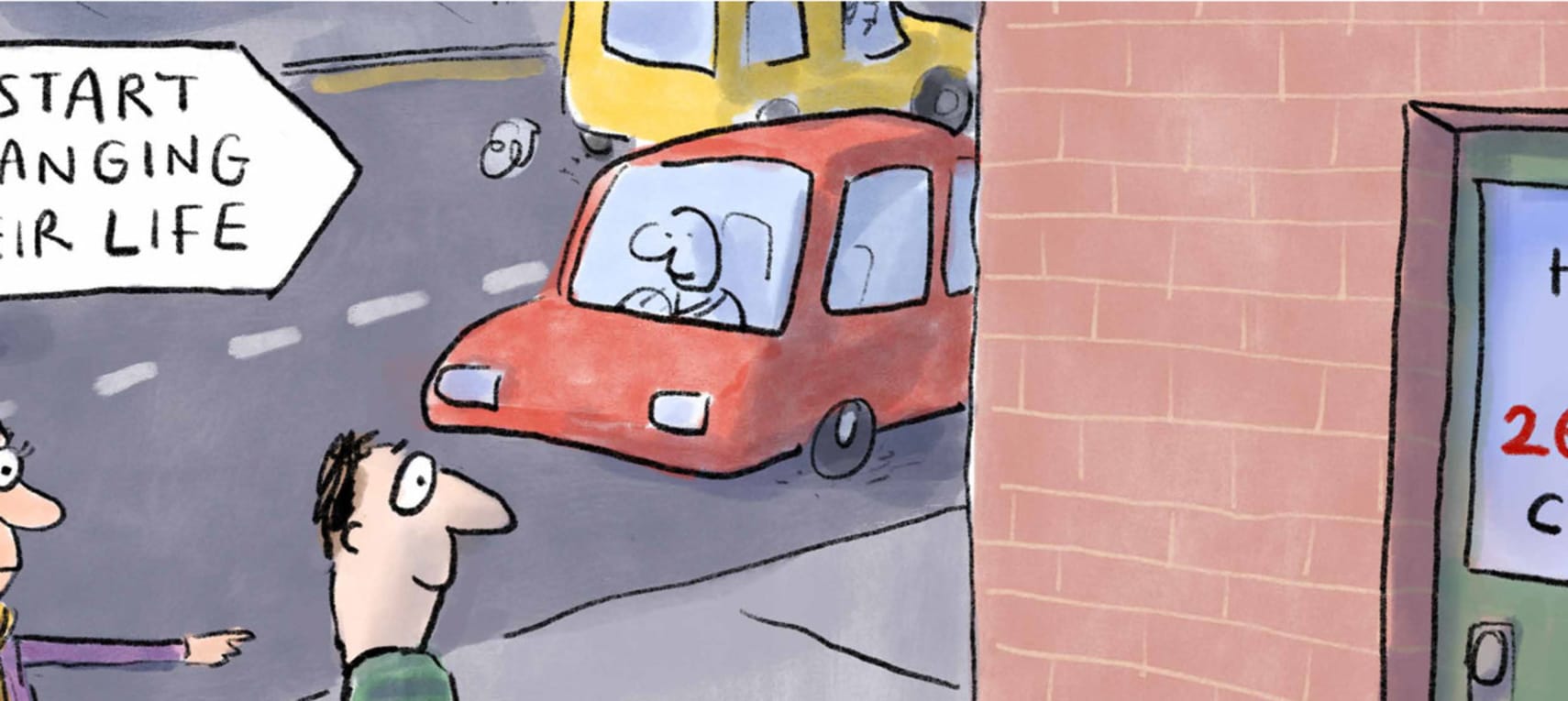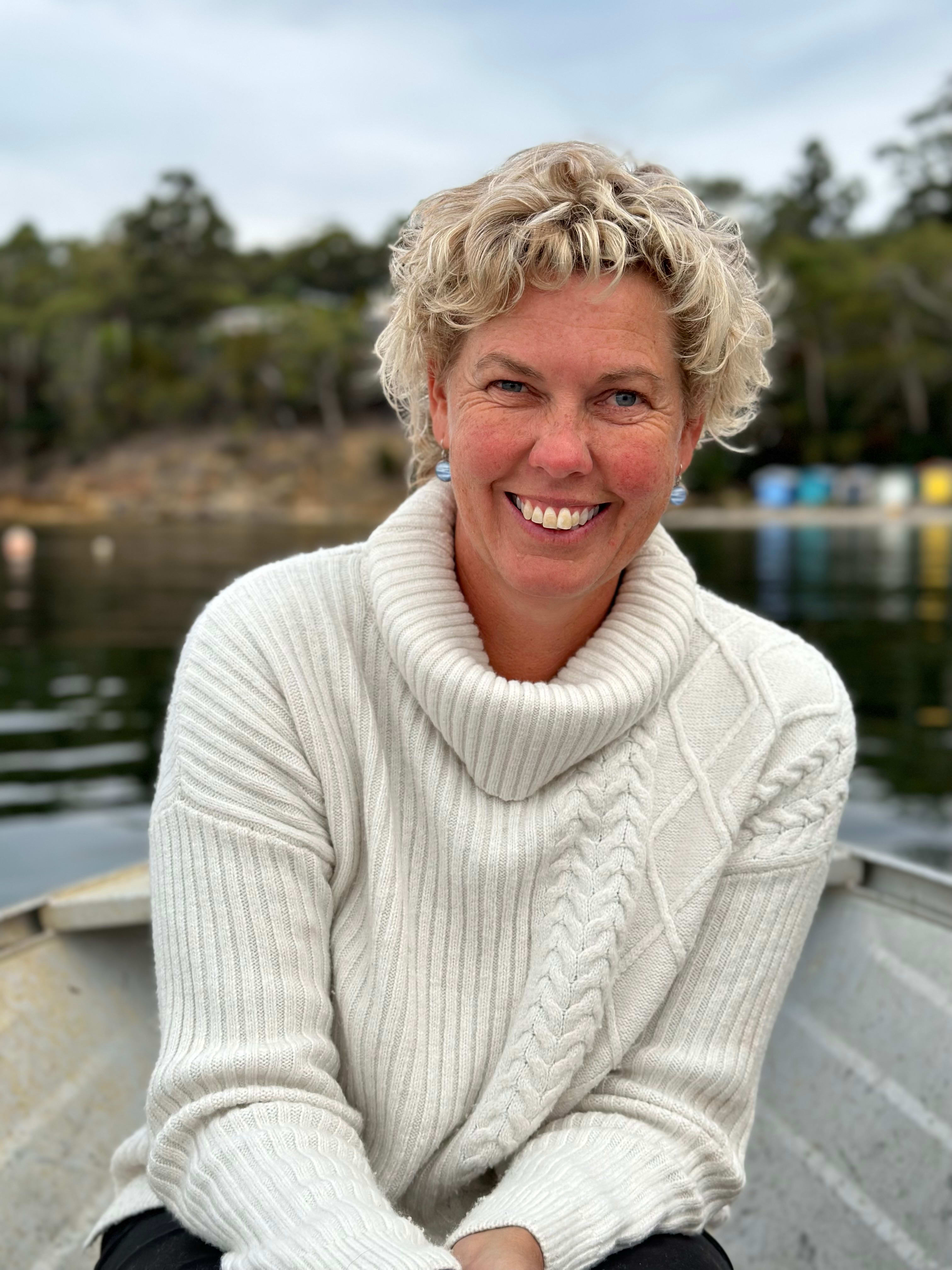When you Google the definition of the word “literacy”, the most basic definition you will find is “the ability to read and write”. But this doesn’t capture the depth of meaning of the word, which is why many organisations and institutions have since moved past it. UNESCO’s Institute of Statistics defines literacy as “the ability to identify, understand, interpret, create, communicate and compute”. The Australian curriculum says that it involves “listening to, reading, viewing, speaking, writing and creating oral, print, visual and digital texts, and using and modifying language for different purposes”. The University of Queensland describes it as a skill “that allows us to communicate effectively and to make sense of the world”.
26TEN is a Tasmanian strategy that aims to improve adult literacy and numeracy by providing support, and by raising awareness. It’s a network of organisations, communities and people, a network through which more than 1,000 members contribute to their goal with the support of a core 26TEN team.
AUDIO VERSION OF THIS ARTICLE, by Isabel Howard
I met with Allison Mitchell, the 26TEN services coordinator, over a cup of coffee to learn more about literacy in lutruwita/Tasmania. According to her, literacy is much more complicated than simply being able to read and write.
“When we use the word literacy,” she said, “we are talking about numeracy, and communicating – speaking, listening, thinking creatively, and how we interact with people every day. Nowadays, it’s also how we do this in a digital and online environment.”
The most recent survey on Australian literacy was completed in 2011 by the Organisation for Economic Co-operation and Development (OECD). It found that for adults aged 15 to 74, 48.8 per cent of Tasmanian adults were below level 3 in reading, and 58.2 per cent were below level 3 in numeracy. Literacy in our state is amongst the lowest in the country, but I was surprised to find that the national figures aren’t much better: 44.2 per cent of Australians are below level 3 in literacy, and 54.2 per cent are below the same level of numeracy. (The OECD definition of level 3 of literacy and numeracy might be summarised as “moderately complicated”. The official definition is: “Texts at this level are often dense or lengthy. Understanding text and rhetorical structures is often required, as is navigating complex digital texts”; “Tasks at this level require the application of number sense and spatial sense; recognising and working with mathematical relationships, patterns, and proportions expressed in verbal or numerical form; and interpreting data and statistics in texts, tables and graphs.”)
“Across Australia, and across the Western World … there is actually a problem with low literacy,” Mitchell explained. “It’s in the UK, it’s in the United States, it’s in all mainland states. And in Tasmania it was recognised that we were missing out on the potential of a lot of people.”
. . .
There are all sorts of reasons that people struggle to develop their literacy. Causes can vary from learning difficulties, social circumstances, childhood trauma, illness, alternative learning preferences and lack of practice, all the way down to a lack of motivation. But when you think about how often you communicate, read and write with words and numbers in your daily life, you realise how much depends on those skills.
Through Allison Mitchell, I met Chase, a painter and father of two who has been studying to improve his literacy. Chase grew up in a rough area and sat in the same class as other kids who struggled with spelling and schoolwork. For a long time, he found it so frustrating that he just didn’t want to learn and did his best to succeed and support his family by working hard in other ways.
“I’ve always been a worker. Always had a job. But sometimes working hard doesn’t really get you that far. If I’d have known how hard it would be down the track, I wouldn’t have played up.”
Chase’s main goal was to apply for other industries, but he also wants to better himself in all areas of his life: to read to his young child, to help his partner, and to get better opportunities at work. He and his volunteer tutor, Jon, meet every week at their local library to build on his literacy and numeracy skills, mainly focusing on things that help him with work.
“[At work] most of us are online, quoting jobs, phoning people, or writing addresses down. I ask them to hold on, how do you spell that, and they say, come on. … Now I feel a lot more confident when I’ve got to read something out or pass a paper around – it’s not too bad.”
Today, especially following the Covid-19 pandemic, our expectations of peoples’ literacy are higher than ever. We rely heavily on written and digital resources, whether it’s for work, for applications, bookings, banking, filling out forms, or even just to socialise and connect with other people. And while it’s possible to get by without these skills, you can be at a disadvantage in situations where you have no alternatives or assistance.
However, it isn’t easy to improve your literacy skills. Allison Mitchell explained that work and family commitments can make it hard to find the time necessary to build your skills, and in regional and rural areas like lutruwita/Tasmania, there are barriers to getting the support that could help.
“We’re living in a very fast-paced world where you need literacy skills to be able to keep up with changes everywhere,” Mitchell said. “And like many regional areas, people have problems with access, they have problems with transport, they have problems with isolation … and things like childcare, time off work, and their healthcare.”
Another common obstacle that people face is the stigma around low literacy – disrespect, and consequent shame – that can come with it. In many cases, people who struggle to understand, read, or write might pretend or make excuses to avoid admitting they want help, because it’s easier than having a conversation where they might feel judged or embarrassed.
Chase is comfortable with asking people to slow down and taking things at his own pace now, but there were times when he would feel pressured to just agree or fake understanding.
“It’s very hard to talk to people about it,” he said. “Sometimes I’d just blow it off and say yeah, I’m dumb, [or] yeah, no worries. I always kinda thought that everyone was a bit smarter. But now, learning a bit more, I can see other people struggle with it too.”
One of the key messages of 26TEN is that people shouldn’t have to feel any stigma and shame about their literacy skills. People have low literacy for all sorts of reasons, and criticising it makes it much harder to ask for help. This is one of the key things Jon feels he’s learned as a volunteer.
“[People can be] brilliantly capable in every other part of their life, and there’s absolutely nothing that they should feel uncomfortable about,” he told me. “It’s just that that particular model didn’t work for them at the time.”
Raising awareness in conversations like this is just one of the ways that 26TEN has begun helping Tasmanians improve their literacy – and hopefully, other aspects of their lives, too.
“Improving literacy has a real ripple effect,” Mitchell said. “It makes people more productive at work, it gives them the confidence to participate more in their communities, and of course it improves literacy in their families as well. It takes time, but the first thing you see is an improvement in confidence. And that makes such a difference.”
26TEN has been operating for more than 10 years. Between 2012 and 2022, more than 9,000 people were helped to improve their literacy. The organisation also provides tools beyond tutoring services. If you think that someone around you is struggling with their reading or writing, 26TEN has an online guide that helps you have that conversation. It is called 26TEN Chat. It also provide workshops for people and workplaces on using plain English, which helps to make sure that everyone can understand your message clearly.
. . .
I asked Chase whether he felt things had become easier for him since he’d started the program.
“One hundred per cent,” he said. “Jon’s helping me out heaps. It gives you another option, and there’s a lot more work out there. I always left things up to my partner, so it makes it easier for her now … and it gives me a bit more of an understanding to slow down and listen too.”
In lutruwita/Tasmania, 26TEN is just one of the initiatives focused on improving adult literacy and learning, and I would like to acknowledge those many other organisations, communities and people that contribute in their own way. Some of the other organisations doing brilliant work in this area, including some that collaborate with 26TEN, are Connect42, the Story Island Project, the 100 per cent Literacy Alliance, and the Tamar Valley Writers Festival, and there are more. If you would like to volunteer or refer someone to a program, you can call the 26TEN hotline at 1300 002 610, visit their website, or contact a group near you.

Isabel Howard is a homegrown writer and creative living in Hobart. She is passionate about the environment and cultural diversity. She recently finished an undergraduate degree in English and Japanese, and is interested in continuing study in international politics and writing.








